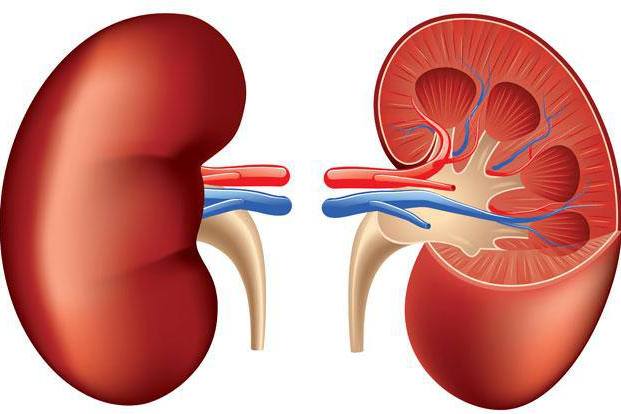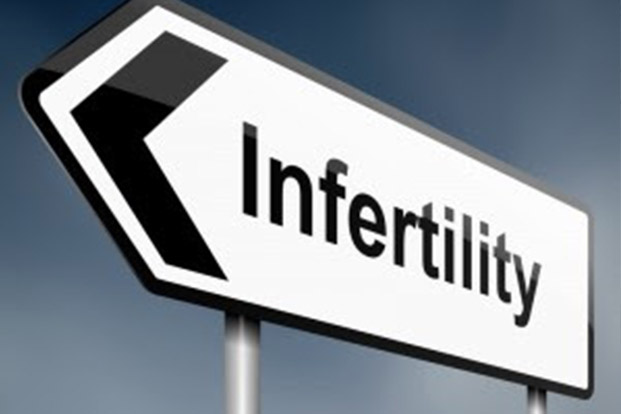Categories
- Bariatric Surgery (11)
- Black Fungus (5)
- Bone Marrow transplant (3)
- Brain Tumor Surgery Navigation Technology (20)
- Cardiac Surgery (66)
- Cardiology (97)
- Computer navigation technology for joint replacements (20)
- Covid Vaccination (17)
- Critical Care (2)
- Dental (19)
- Dermatology (31)
- Dialysis Support Group - “UTSAAH” (11)
- Dietitian (33)
- Emergency Medicine (4)
- Emotional Health (11)
- Endocrinology (33)
- ENT (20)
- Gastroenterology and GI Surgery (53)
- General and Laparoscopic Surgery (21)
- General Surgery (4)
- Gynecology & Obstetrics (183)
- Hematology (20)
- Internal Medicine (294)
- Kidney Transplant (50)
- Kidney Transplantation (20)
- Lung Cancer (8)
- Minimal Invasive Surgery (1)
- Mother & Child (20)
- mucormycosis (5)
- Nephrology (61)
- Neurology (147)
- Neurosurgery (68)
- Nutrition and Dietetics (107)
- Omicron Variant (1)
- Oncology (288)
- Ophthalmology (10)
- Orthopaedics & Joint Replacement (86)
- Paediatrics (59)
- Pediatric Nephrology (3)
- Physiotherapy (5)
- Plastic & Reconstructive Surgery (6)
- Psychiatry and Psychology (90)
- Psychologist (28)
- Pulmonology (72)
- Rheumatology (13)
- Spine Services (21)
- Transradial Angioplasty (16)
- Urology (84)
Query Form
Posted on Apr 19, 2022
Keep A Check On Your Prostrate Health
Various surveys worldwide have shown that majority of men are unaware of the prostate gland & the problems related to this organ. Prostate is a walnut sized gland located just below the urinary bladder & has a role in producing the bulk of seminal fluid during ejaculation. This fluid nourishes the sperms.
In the younger age group, the prostate gland is usually silent. However few people may develop Prostatitis which means inflammation of the prostate gland & is commonly due to infections of the urinary tract. Symptoms here would be painful urination with increased frequency, fever with chills, and sudden onset difficulty in urination, urgency& sometimes rectal pain.

At this moment, most of the patients become panicked & start associating these symptoms with prostatic cancer. I have seen many patients of age 25-35 years coming to my clinic with a PSA report showing raised PSA with symptoms as mentioned above. They fail to understand that PSA is raised in infections also & it is useless to get a PSA test done during active urinary or prostatic infections as it is falsely raised. Prostatitis can be treated efficiently with medications by your urologist.
Prostate issues start after 60 yrs of age:
Usually prostate starts creating trouble in the elderly population by causing obstruction to the flow of urine as it enlarges in size & chinks the urethra (urinary passage).These patients are usually over 60 years of age & have symptoms like increased frequency of urination (both day & night time), difficulty in starting the urinary stream, poor flow with straining, sensation of incomplete bladder emptying& poor urinary control. Since the prostate enlarges slowly & hence the obstruction to flow is also very gradual & sometimes, patients don’t even realize the obstructed flow until they land up with complete retention of urine.
These symptoms in majority of patients are because of benign enlargement of prostate which a part of aging process. These symptoms can easily be controlled with medications & sometimes with endoscopic surgery if required after consultation with an urologist.
Here I must mention that in a few cases, the prostatic enlargement may be unusual & due to a cancer developing within the gland. Hence, once the symptoms develop, it’s advisable to visit an urologist so that he can examine & prescribe requisite tests to rule out any possibility of prostate cancer
People who have a strong family history of prostate cancer (first degree relative like father, brother) or those of African-American origin need to be careful as incidence of prostate cancer is higher in them & hence need screening of prostate cancer earlier (recommended at 40-45 years)
Hence, I would like to emphasize that not all problems because of prostate indicate cancer. Most of the times, prostatic problems are benign. However, timely consultation & discussion of your symptoms with your urologist is important for proper management.



